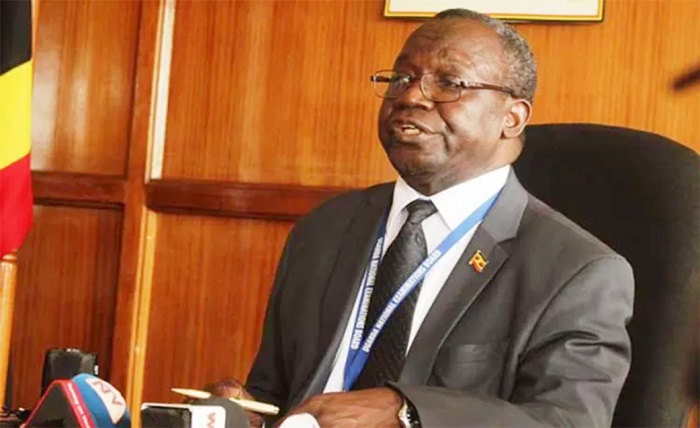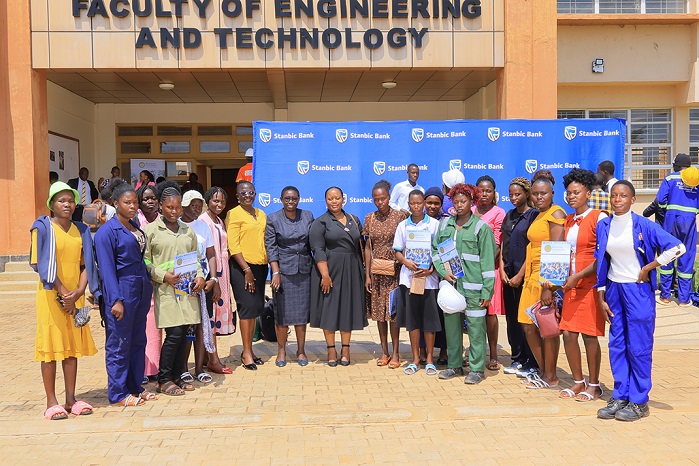
A staggering 1,224,317 candidates filled examination rooms today on commencement of PLE, O-Level, and A-Level final examinations for the year 2023.
This momentous undertaking commenced with the comprehensive briefing of Uganda Certificate of Education (UCE) candidates on the 13th of October, 2023, marking the start of an academically rigorous period.
The examinations, slated to be a rigorous test of knowledge and skills, are scheduled to run until the 17th of November, 2023, encompassing an extensive range of subjects and levels of education. In a highly anticipated development, Primary Seven pupils are set to embark on their examinations from the 7th of November to the 9th of November, marking an essential chapter in their transition from primary education.
Following this, the Uganda Advanced Certificate of Education (UACE) examinations are scheduled to be conducted from the 10th of November to the 1st of December, 2023, bringing the academic year to a close.
One of the most notable shifts in this year’s examinations is the new approach to grading, which marks a departure from traditional examination-based assessments. For the first time, students’ final grades will be determined based on a combination of classroom-based assessments and traditional examinations.
This significant shift has been introduced by the Uganda National Examination Board (UNEB) as part of efforts to enhance the education system’s effectiveness.
UNEB Executive Secretary, Dan Odongo, confirmed this transformative development, shedding light on the reasons behind the shift. He cited the need for capacity building and the establishment of improved infrastructure as essential prerequisites to implementing this novel approach effectively.
According to Odongo, the Board is currently in the final stages of preparations and will be ready to start receiving student scores within two weeks or shortly thereafter.
Under the revised lower secondary curriculum, students have undergone continuous assessments throughout the four-year cycle leading up to the Senior Four level. These classroom-based assessments, which are integrated into the educational process, are designed to provide a more holistic evaluation of a student’s performance and understanding. They will account for a significant 20 percent of the final national examination results, aligning with the educational philosophy of nurturing well-rounded learners.
However, as the Uganda Certificate of Education (UCE) exams commence, numerous upcountry schools are grappling with a multitude of challenges. Issues such as inadequate staffing, substandard classroom structures, and challenging road conditions for the timely delivery of examination materials continue to plague these institutions.
These disparities in resources and infrastructure between rural and urban schools present significant hurdles, potentially impacting the students’ ability to perform at the same level. Students in urban settings often have access to superior amenities, enabling them to concentrate on their studies and strive for excellence without the same barriers faced by their counterparts in more remote areas.
As Uganda embarks on this transformative journey in its education system, the 2023 national examinations will not only be a test of students’ knowledge but also a reflection of the resilience and adaptability of the education sector in the face of evolving challenges and the pursuit of more equitable opportunities for all learners.




